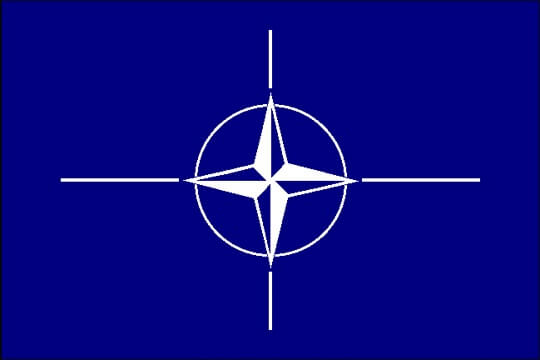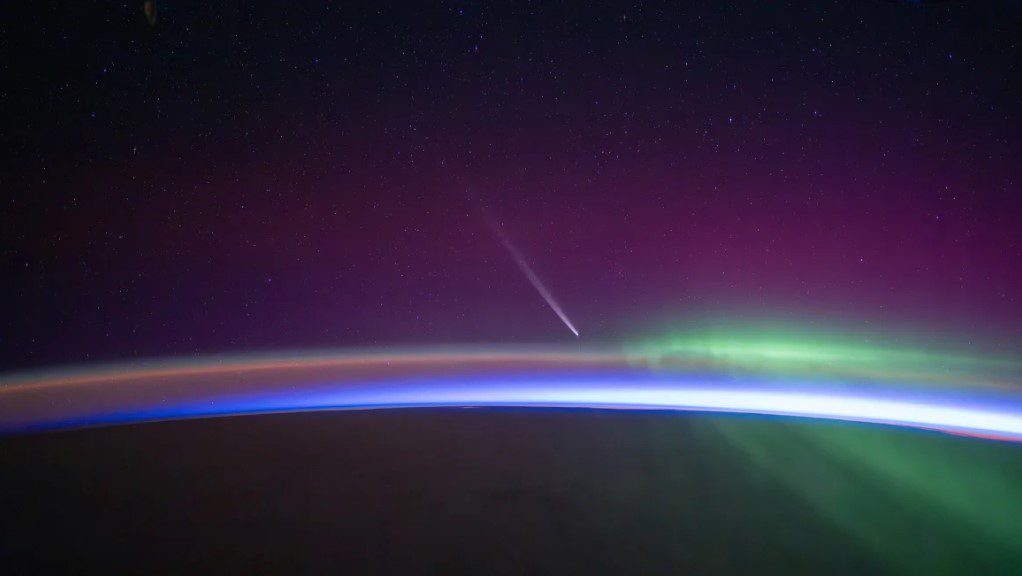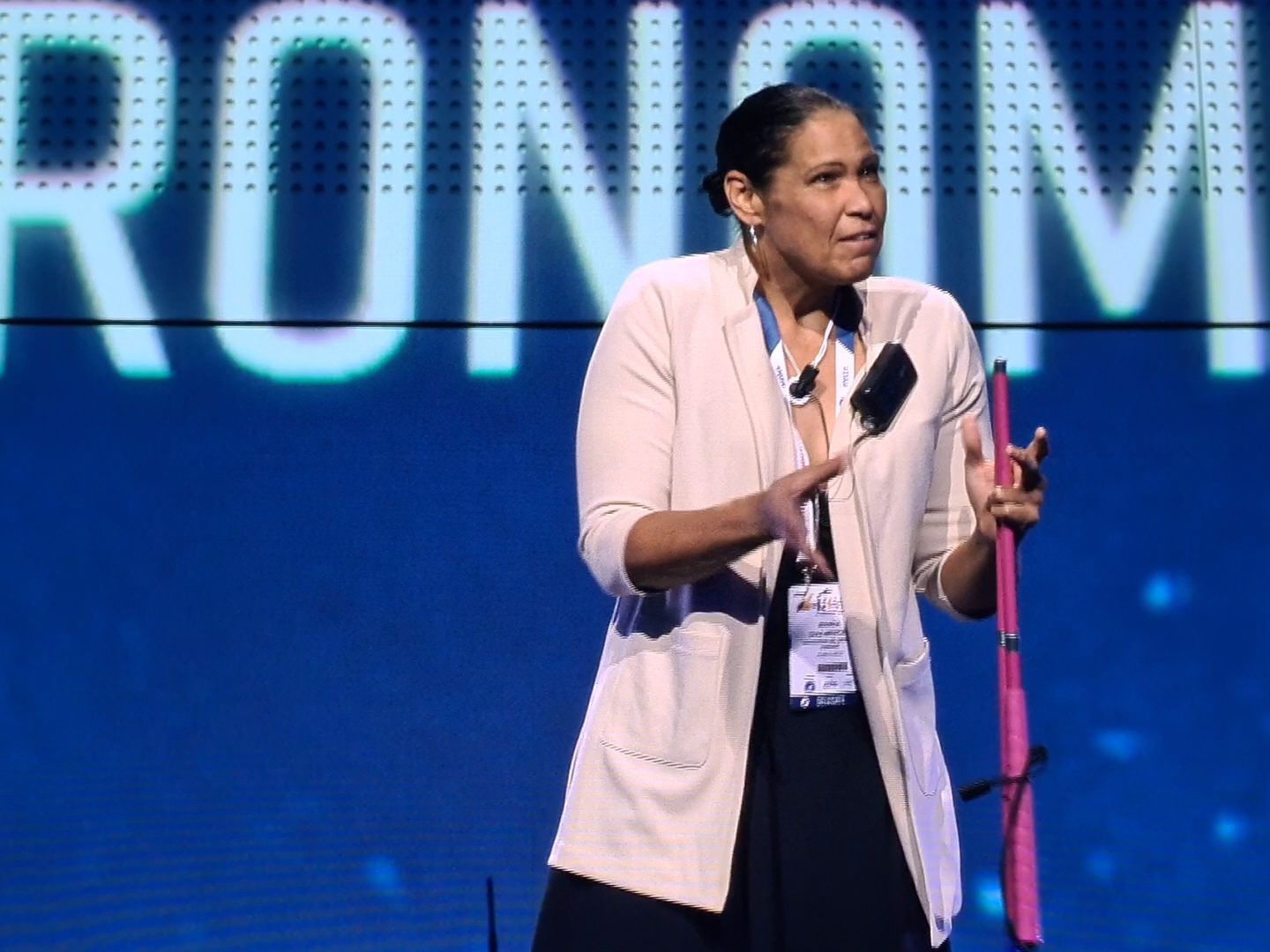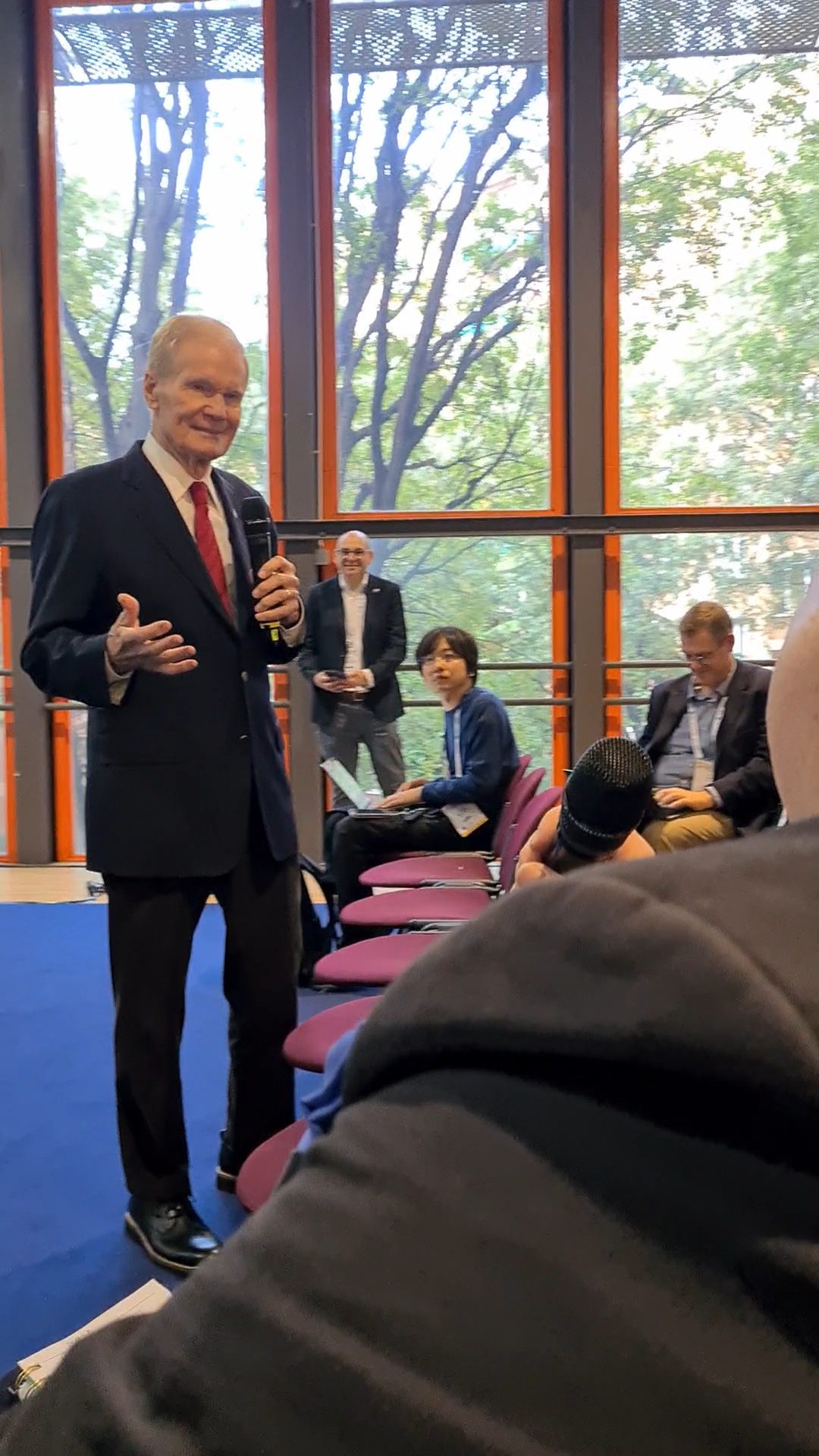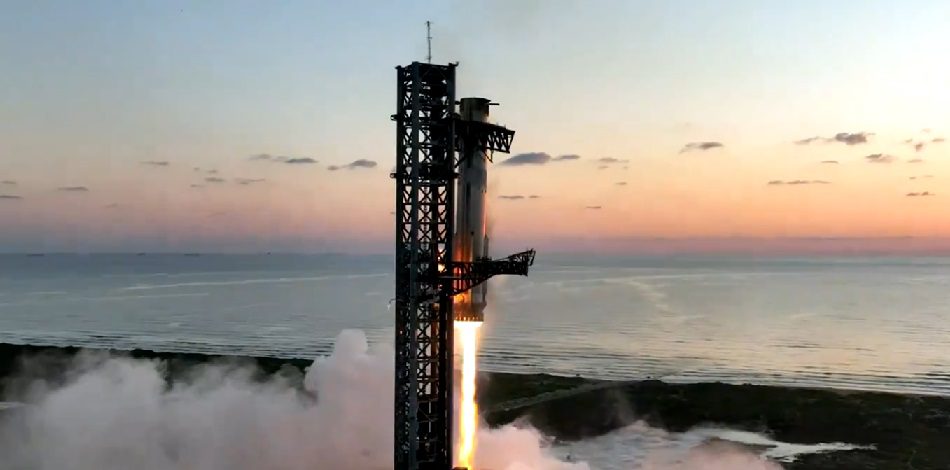The North Atlantic Treaty Organisation (NATO) celebrates its 70th year since its founding as a bulwark to the then threat of the Soviet Union and its allies. Nevertheless, as its leaders meet near Watford, England, there were cracks in the alliance. The most serious of these was what to do about Turkey. Its military actions against its Kurdish opponents in Syria (who were actually allies of NATO in the war against ISIL) and its purchase of a Russian S-300 air defence missile system has caused consternation in the alliance, with many wondering if this renegade nation should be evicted from NATO altogether. Nevertheless, the defence of NATO’s southern flank against an increasingly belligerent Russia, threats from Iran, Islamic terrorism, and due to China’s increasing involvement in the Middle East, means that Turkey will be allowed to stay for now.
The other on-going sore within NATO is the question of just how committed European nations are to their own defence. While his fellow NATO leaders apparently make fun of him behind his back, US President Donald Trump has a strong case to make when he demands that all NATO nations should make a proper contribution via their agreed minimum national spend of 2 per cent of GDP on defence. And this funding is needed because there are new threats that were never envisaged when NATO was set up in 1949. One of these is Space.
NATO knows that its Achilles heal may be space given that so many of its weapon systems now rely on GPS and its equivalent navigation constellations for navigation and guidance. Communications and Earth Observation satellites face similar threats from both cyber warfare, missile interception, and even “killer” satellites, whether by beam weaponry, mechanical destruction by robot arm, or explosive charge.

